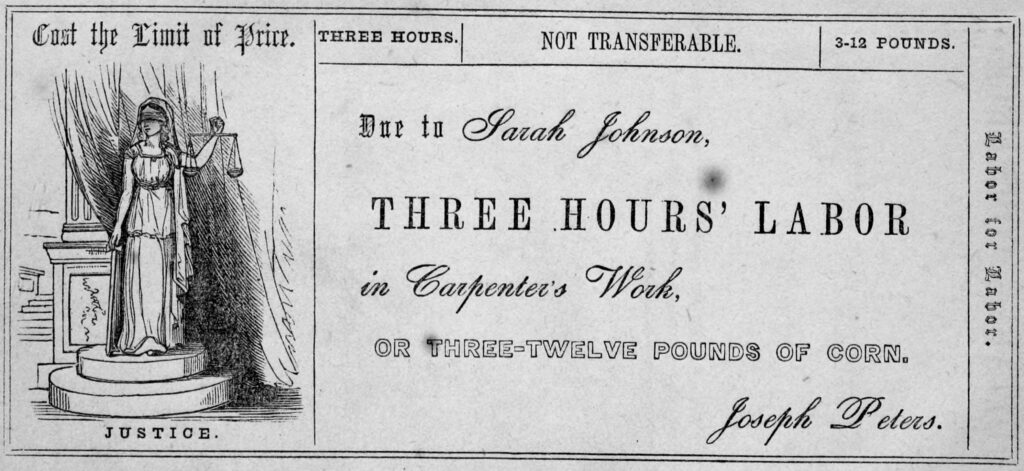
“A Massive Fraud of this type and magnitude,” former US president Donald Trump wrote on his pet social media platform, Truth Social, “allows for the termination of all rules, regulations, and articles, even those found in the Constitution.” In reference, of course, to his fantasy that the 2020 presidential election was “stolen” from him.
Cue outrage from all sides, including prominent members of his own party. Throw out the Constitution? Just so some politician can get the outcome he wants? Unprecedented! Unthinkable! Out of bounds!
Well, no, not really. “Terminating” constitutional requirements when they’re inconvenient is pretty much par for the course. Not just with Trump, both now and when he actually possessed some political authority (see, for example, his unconstitutional misappropriation of funds for the “border wall”), but with presidents and Congresses going back to at least as early as 1798.
That was the year Congress passed, and president John Adams signed into law, the Alien and Sedition Acts, which clearly and unambiguously “terminated” both the First Amendment’s speech/press protections and Article I, Section 9’s prohibition on federal regulation of immigration.
Current president Joe Biden has a habit of candidly admitting the unconstitutionality of his own executive orders on, for example, the COVID-19-era “eviction moratorium” and his “student loan forgiveness” vote-buying scheme. Yeah, the courts will probably overturn it, but Constitution be damned, he’s going to do it anyway.
In between the Adams and Biden eras, we’ve seen any number of US wars waged without the required congressional declarations, constitutionally questionable kludges implemented to resolve presidential elections (Hayes versus Tilden in 1876 and Bush versus Gore in 2000), and laws passed with nary a constitutional hook to hang them upon.
The Constitution is, and always has been, a convenience to justify the exercise of political power, and an inconvenience quickly discarded whenever it gets in the way of exercising political power. While it’s uncertain that former president George W. Bush actually called it “just a goddamned piece of paper,” his actions demonstrated that that’s how he, like his predecessors and successors, regarded it.
If there’s anything unique about Trump’s outburst, it’s the credence and publicity he’s receiving for it despite his complete lack of ability to act on it. He’s no longer the Terminator; these days he’s just a piece of that film franchise’s forgettable roadkill. He’s saying the quiet part out loud, but if he’s the loudest, he’s also far from the first.
As American anarchist Lysander Spooner noted in 1870, “[w]hether the Constitution really be one thing, or another, this much is certain — that it has either authorized such a government as we have had, or has been powerless to prevent it.”
“In either case,” Spooner continued, “it is unfit to exist.”
Thomas L. Knapp (Twitter: @thomaslknapp) is director and senior news analyst at the William Lloyd Garrison Center for Libertarian Advocacy Journalism (thegarrisoncenter.org). He lives and works in north central Florida.
PUBLICATION/CITATION HISTORY


